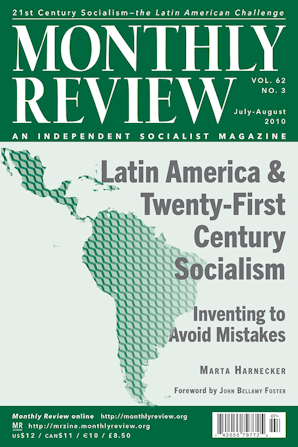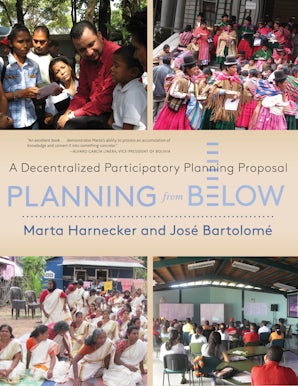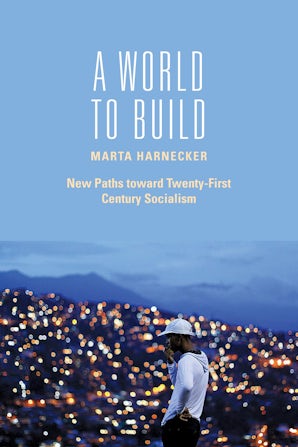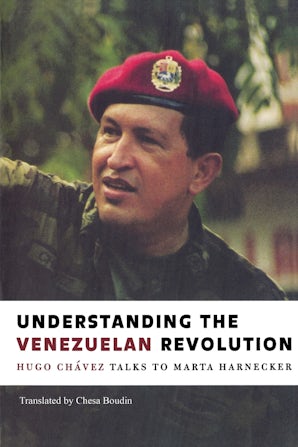Books by Marta Harnecker
Planning from Below
by Marta Harnecker and Jose Bartolome
A World to Build
by Marta Harnecker
Understanding the Venezuelan Revolution
by Hugo Chavez and Marta Harnecker
Article by Marta Harnecker
- A New Revolutionary Subject
- 'A New Revolutionary Subject': Marta Harnecker interviewed by Tassos Tsakiroglou
- Social Movements and Progressive Governments: Building a New Relationship in Latin America
- I. Latin America
- Conclusion
- Latin America & Twenty-First Century Socialism: Inventing to Avoid Mistakes
- Hugo Chávez on the Failed Coup
- Report from Venezuela: Aluminum Workers Choose Their Managers and Increase Production
- After the Referendum: Venezuela Faces New Challenges




